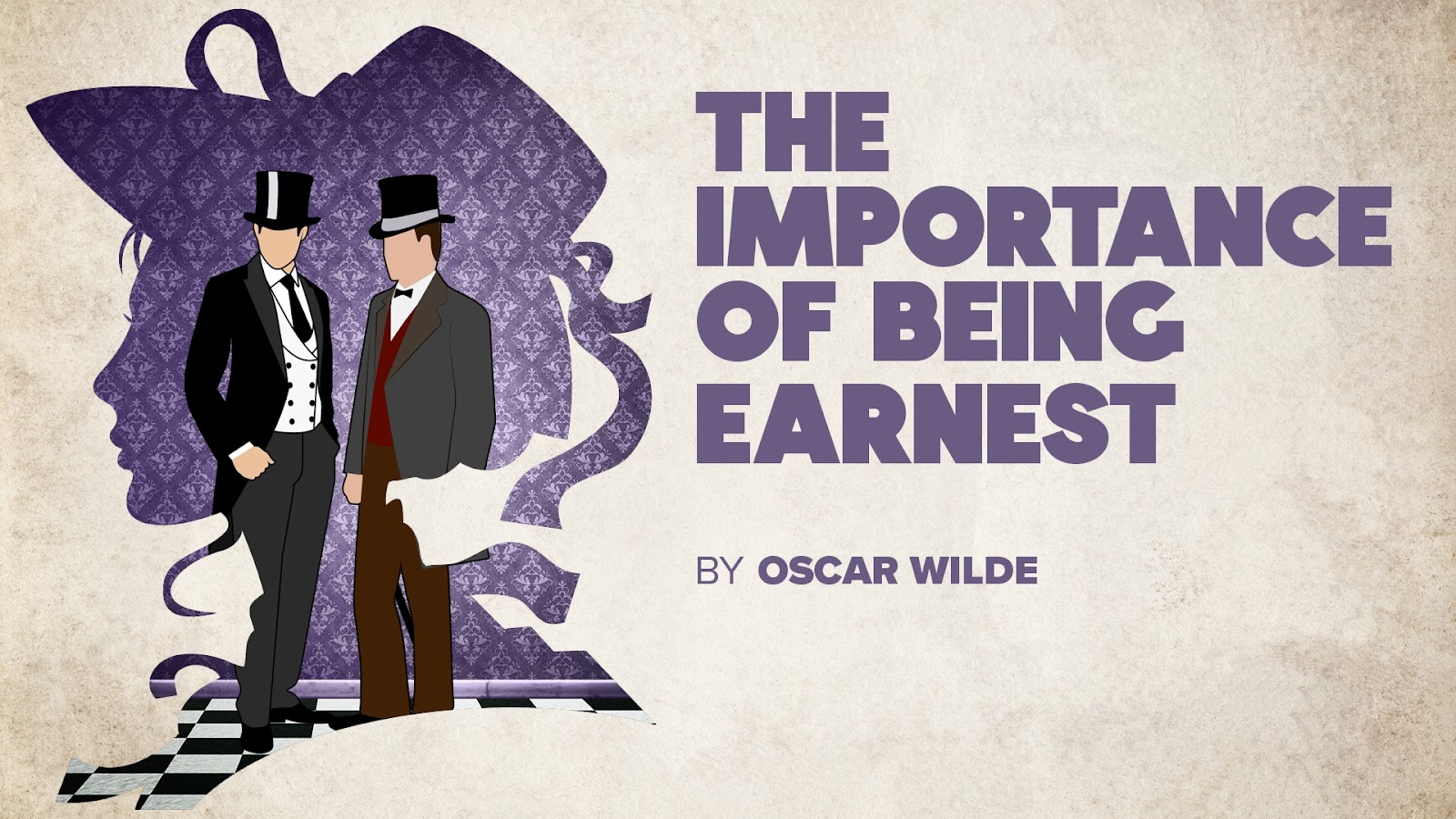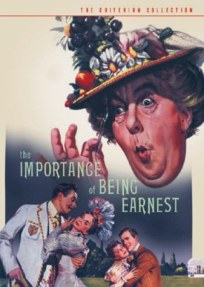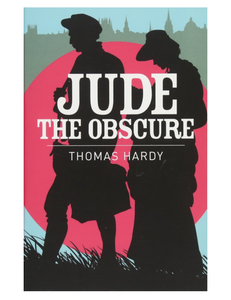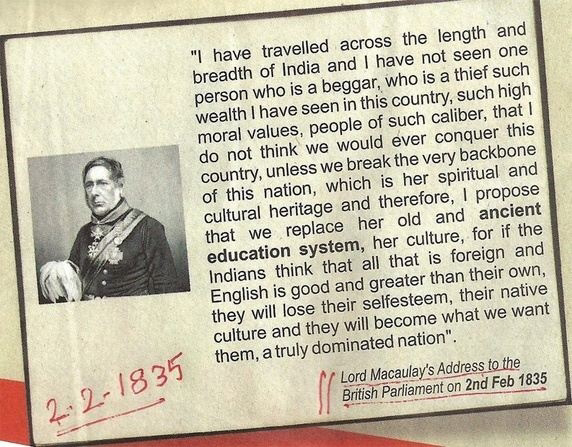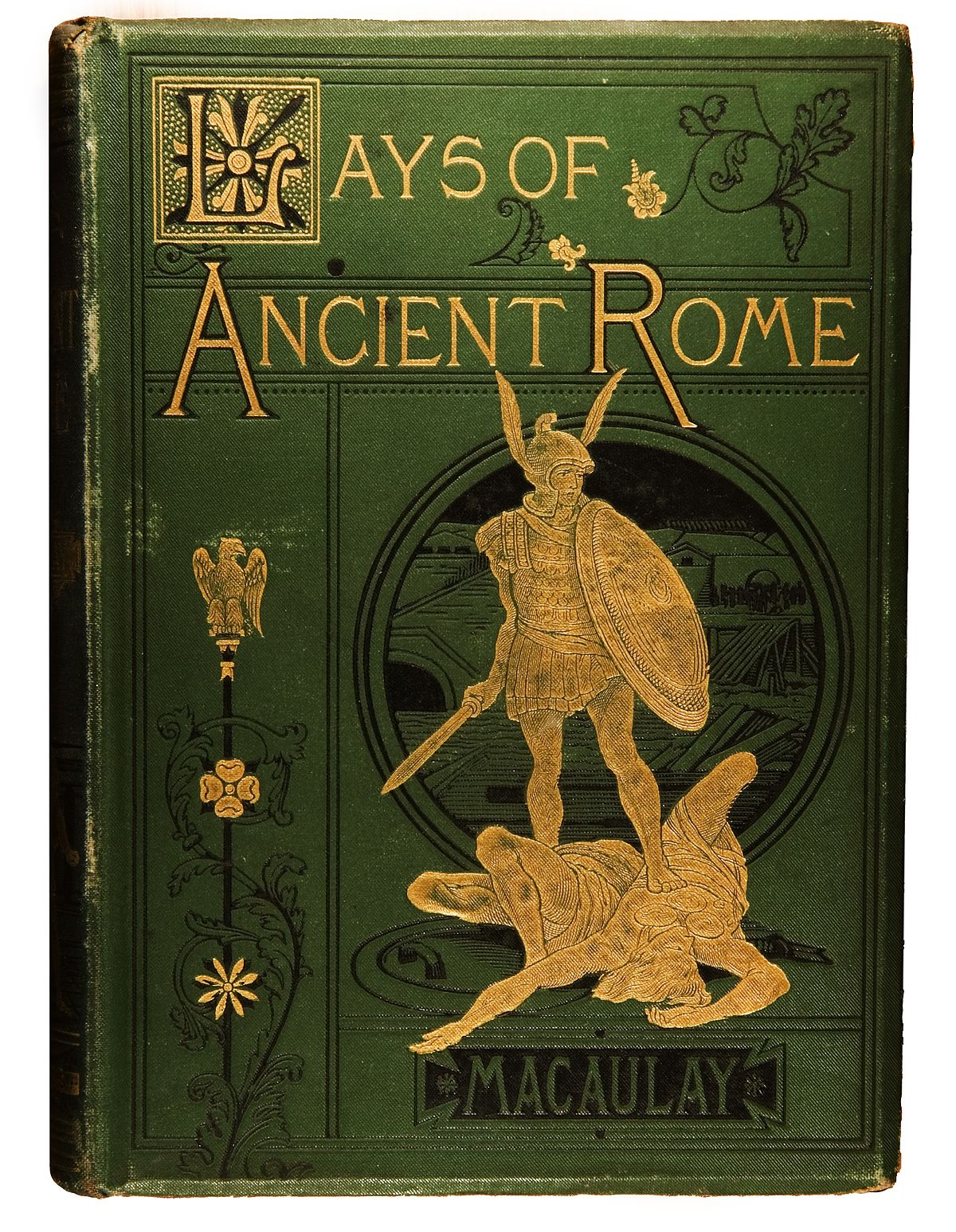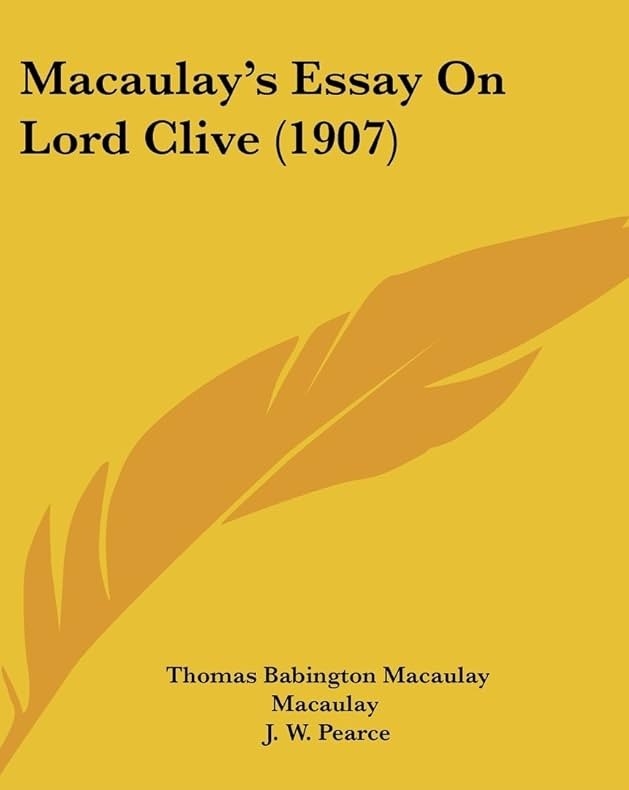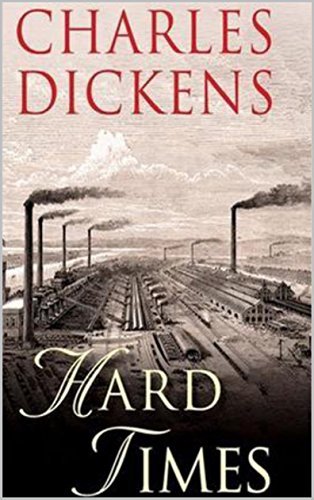1) Wilde originally subtitled The Importance of Being Earnest “A Serious Comedy for Trivial People” but changed that to “A Trivial Comedy for Serious People.” What is the difference between the two subtitles?
The difference between the two subtitles:
1. 'A Serious Comedy for Trivial People" suggests that the play is a comedy, but it is meant for people who might not take things too seriously or are somewhat frivolous in nature. It implies that even though it's a comedy, there are deeper themes or messages within the play.
2. "A Trivial Comedy for Serious People" indicates that the play is a comedy, but it's designed for an audience of more serious or sophisticated individuals. This subtitle may suggest that the play uses trivial or lighthearted elements to address or critique serious societal issues or human behaviors.
The change in subtitle reflects Oscar Wilde's wit and his intention to convey the dual nature of the play, which combines humor with social commentary.
2) Which of the female characters is the most attractive to you among Lady Augusta Bracknell, Gwendolen Fairfax, Cecily Cardew, and Miss Prism? Give your reasons for her being the most attractive among all.
Considering the characters' personalities, wit, and actions, Cecily Cardew emerges as a attractive character among all.
Youthful Vivacity: Cecily's youthful energy and enthusiasm are captivating. She brings a refreshing vibrancy to the play, contrasting with the more rigid and conventional personalities of Lady Bracknell and Gwendolen Fairfax.
Imaginative Spirit: Cecily's vivid imagination and romantic sensibilities add to her charm. She is not bound by societal expectations and embraces her fantasies, which makes her endearing and unpredictable.
Willingness to Grow : Cecily demonstrates a capacity for personal growth. She learns from her mistakes and evolves throughout the play, showing a willingness to adapt and become more mature.
Playful Nature: Cecily's playful nature and sense of humor make her enjoyable company. She is not overly serious and can find amusement in everyday situations, adding a lighthearted touch to the play.
Self-Awareness: Despite her romantic idealism, Cecily exhibits a degree of self-awareness. She recognizes her own flaws and is willing to laugh at herself, making her more relatable and endearing.
In conclusion, Cecily Cardew's youthful vivacity, imaginative spirit, willingness to grow, playful nature, and self-awareness set her apart from the other female characters in "The Importance of Being Earnest." Her charm and endearing qualities make her a compelling and attractive figure.
3)The play repeatedly mocks Victorian traditions and social customs, marriage, and the pursuit of love in particular. Through which situations and characters is this happening in the play?
'The Importance of Being Earnest' by Oscar Wilde is known for its satirical treatment of Victorian traditions, social customs, marriage, and the pursuit of love. Here are some situations and characters through which this mockery occurs:
Bunburying : The male protagonists, Algernon and Jack, create fictitious identities (Ernest) to escape their social obligations.This mocks the rigid social expectations and the importance placed on a person's name.
Lady Bracknell : Lady Bracknell embodies the upper-class snobbery and her obsession with a suitor's social standing and wealth.She satirizes the shallowness of society's focus on status over character in marriage.
Gwendolen and Cecily : Gwendolen and Cecily both insist on marrying a man named Ernest, without knowing the true identity of their respective partners. This highlights the superficiality of love based on a name rather than personal qualities.
Miss Prism and Dr. Chasuble : Miss Prism and Dr. Chasuble are symbols of the conventional and often hypocritical nature of the clergy. Their romantic entanglement serves as a humorous critique of the Victorian emphasis on moral rectitude.
Cecily's Diary : Cecily's habit of inventing romantic stories in her diary satirizes the melodramatic and romanticized nature of love in literature and society.
Throughout the play, marriage is depicted as a social contract more than a union of love, often reduced to trivial concerns like names and property. The characters engage in clever wordplay and puns, emphasizing the superficiality of social conventions.
In these situations and through various characters, Wilde uses humor and satire to lampoon the norms and values of Victorian society, particularly regarding marriage and love, highlighting their absurdity and hypocrisy.
4)Queer scholars have argued that the play's themes of duplicity and ambivalence are inextricably bound up with Wilde's homosexuality and that the play exhibits a "flickering presence-absence of… homosexual desire" Do you agree with this observation? Give your arguments to justify your stance.
The idea that 'The Importance of Being Earnest' reflects themes of duplicity and ambivalence tied to Oscar Wilde's homosexuality is a perspective offered by some scholars.
Oscar Wilde, the playwright, was openly homosexual in a time when it was not widely accepted. His experiences and challenges as a gay man influenced his work, and it's plausible that he used themes of deception and hidden identities to reflect his own experiences.
The play is rich in subtext and wordplay, often involving double meanings and hidden truths. This can be seen as a reflection of the need for secrecy and subterfuge that many gay individuals faced during the Victorian era.
The play places great emphasis on the importance of names and identity, which can be seen as a metaphor for the challenges Wilde and other individuals faced in a society that demanded conformity to traditional norms.
While the play may contain elements related to Wilde's personal experiences, it is also a comedy that explores broader themes of societal hypocrisy, superficiality, and the farcical nature of social conventions. These themes can resonate with a wider audience beyond matters of sexual identity.
Oscar Wilde was known for his sharp wit and satirical style, and he often used humor to critique and lampoon various aspects of society. The play's humor and clever wordplay are consistent with his other works that do not necessarily center on his sexuality.
Literary works often invite multiple interpretations, and while the play can be analyzed in the context of Wilde's life, it can also be appreciated for its broader social commentary and comedic elements.
In conclusion, the connection between the play's themes of duplicity and ambivalence and Oscar Wilde's homosexuality is a subject of scholarly debate. While there may be evidence to support this observation, it's important to recognize that the play is multi-layered and can be appreciated from various angles, including its broader societal critique and comedic elements.
5)Below are various movie and radio adaptations of this play. Write your critique on various adaptations of this play.
Oscar Wilde's 'The Importance of Being Earnest' has been adapted into various forms of media, including film, television, and opera. Each adaptation offers a different interpretation of Wilde's witty and satirical play, emphasizing different aspects of the story and characters.
1952 Film Adaptation by Anthony Asquith :
The 1952 film adaptation of 'The Importance of Being Earnest' is considered one of the most faithful and successful adaptations of the play. Directed by Anthony Asquith, the film stars Michael Redgrave as Jack Worthing/Ernest, Edith Evans as Lady Bracknell, and Joan Greenwood as Gwendolen Fairfax.
The film is praised for its lavish production values, capturing the elegance and extravagance of Victorian society. The performances are also top-notch, with Redgrave and Evans delivering particularly memorable performances.
2002 Film Adaptation by Oliver Parker :
The 2002 film adaptation of 'The Importance of Being Earnest' takes a more modern and irreverent approach to Wilde's play. Directed by Oliver Parker, the film stars Colin Firth as Jack Worthing/Ernest, Rupert Everett as Algernon Moncrieff, Judi Dench as Lady Bracknell, and Frances O'Connor as Gwendolen Fairfax.
The film is known for its stylish visuals and its emphasis on the play's farcical elements. The performances are also comedically sharp, with Firth and Everett delivering particularly witty and playful portrayals of their characters.
Ernest in Love (1960 Musical Adaptation) :
Ernest in Love is a 1960 musical adaptation of 'The Importance of Being Earnest' with music and lyrics by Anne Croswell and Lee Pockriss. The musical premiered off-Broadway at the Gramercy Arts Theater and ran for 111 performances.
The musical is a charming and lighthearted adaptation of Wilde's play, retaining the original's wit and humor while adding catchy songs and lively dance numbers. The score is a blend of traditional musical styles, with elements of jazz, pop, and operetta.
1982 Opera Adaptation by Rudolf Friml:
There have been several opera adaptations of 'The Importance of Being Earnest,' but the most notable is Rudolf Friml's 1982 opera of the same name. Friml's opera premiered at the New York City Opera and was well-received by critics and audiences.
Friml's opera is a faithful adaptation of Wilde's play, with music that captures the play's wit and elegance. The opera features a number of memorable arias and duets, and the score is overall a lighthearted and enjoyable work.
Conclusion :
Each adaptation of 'The Importance of Being Earnest' offers a unique and refreshing perspective on Wilde's play. From the faithful and elegant 1952 film adaptation to the more modern and irreverent 2002 film adaptation, there is an adaptation to suit every taste. The musical and opera adaptations also provide a different dimension to the play, adding music and dance to bring Wilde's characters and story to life in a new way.
I hope you have enjoyed reading this blog.
Thank you!💫🦋
